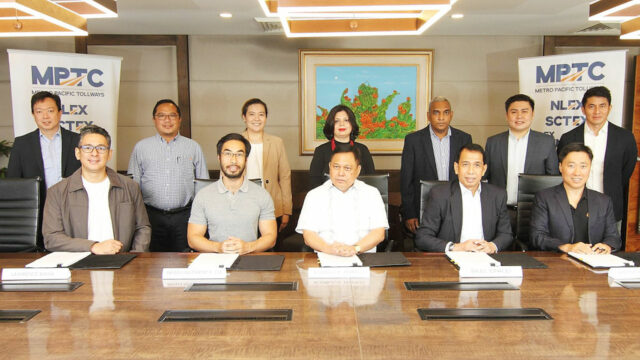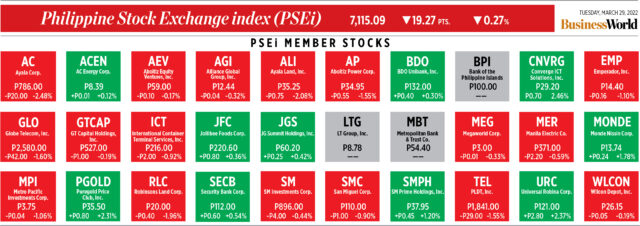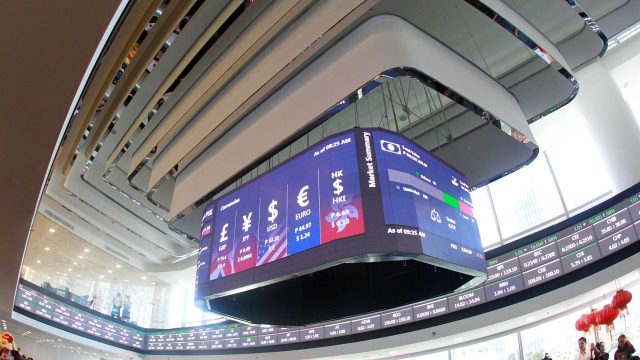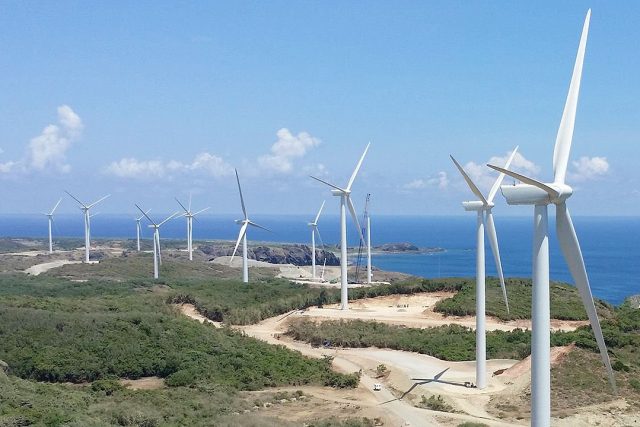MPTC buys stake in modern jeepney platform Byahe

L-R, back: Francis Rojas (MPTC - Chief Business Development Officer), Leo Gonzales (On-Us Solutions - Public Affairs Head), Mona Lissa Sanson (MPT Mobility - Chief Finance Officer), Himani Keswani (IP Ventures - Director Corporate Finance), Srinivas Polishetty (IP Ventures/AO Capital- Managing Director), Mark de Leon (MPT Mobility - Business Development Head), Christopher Lizo (MPTC - Group Chief Finance Officer)
METRO Pacific Tollways Corp. (MPTC), through its subsidiary MPT Mobility Corp., will buy a “significant” minority stake in jeepney modernization platform On-Us Solutions, Inc. or Byahe, the Pangilinan-led company said on Tuesday.
MPTC said in a statement that it had signed a “definitive agreement” on Monday to purchase the stake in Byahe, which is in line with its move into mobility solutions and its focus on sustainability.
“As part of this agreement, MPTC will infuse fresh equity in Byahe, which will be used to finance expansion of its current Euro-IV compliant fleet, procurement of new state-of-the-art electric jeepneys, and expansion of its route network as part of its larger mission to revolutionize Philippines’ jeepney transportation ecosystem,” the company said.
Byahe manages a fleet of 30 modernized jeepneys, all of which are Euro-IV compliant. The jeepneys ply over eight routes across Metro Manila and other parts of Luzon.
The company plans to expand its fleet to 200 jeepneys in the near term and to 500 jeepneys across 20-30 routes over the next two to three years, fueled by MPTC’s capital infusion.
MPTC’s investment in Byahe comes after the launch of its mobile app, MPT DriveHub, which connects and compiles its expressway and mobility products and services in a digital platform.
“We believe there is immense value in what Byahe could create for the improvement of Filipino lives. They have started strong with a well-thought strategy, have been executing well even through the pandemic and we’re excited to support them on this clean, green journey” MPTC President and Chief Executive Officer Rodrigo E. Franco said in a statement.
Byahe Chief Executive Laurence Bahia said the company is “here to modernize, not only the carriers, but also the operations with fleet management solutions that will standardize the service.”
Byahe is a modernized jeepney operator that is set up in line with the government’s public utility vehicle modernization program. It serves as a platform linking jeepney operators, creditors, jeepney manufacturers, the government, and the commuters to offer affordable and sustainable public transportation services network. — Marielle C. Lucenio























